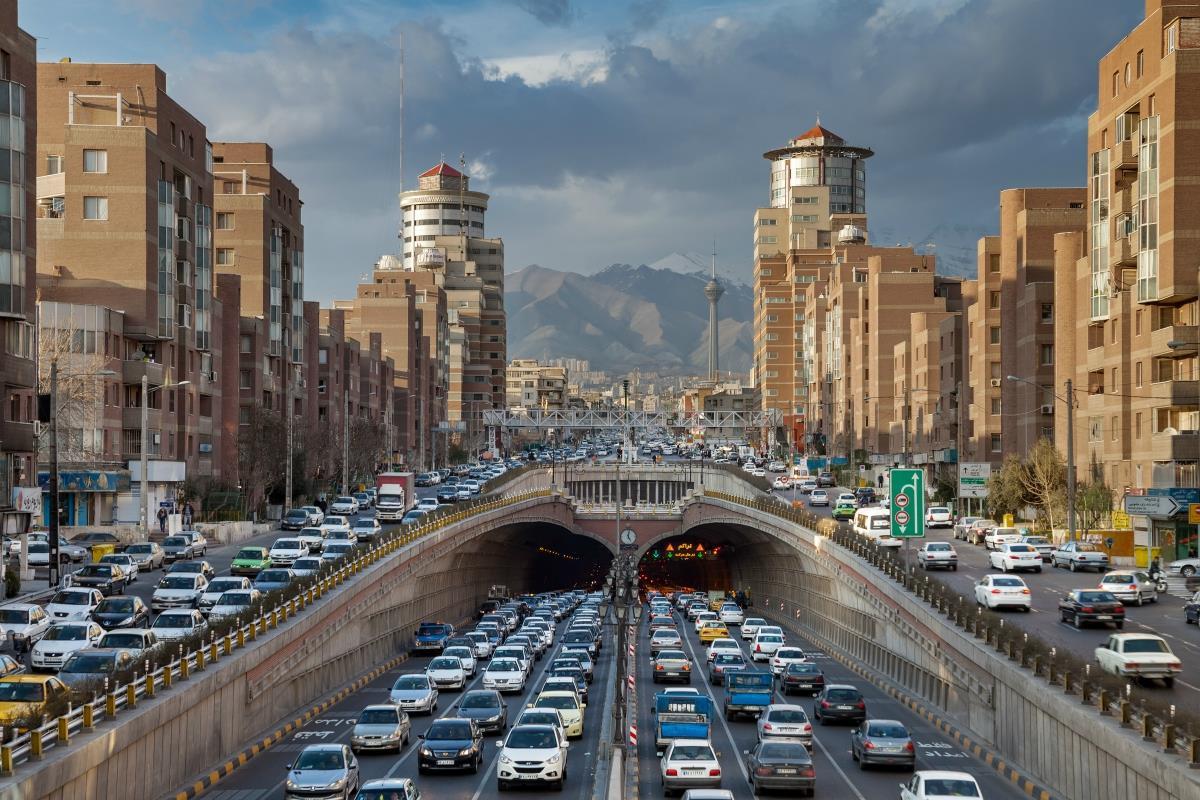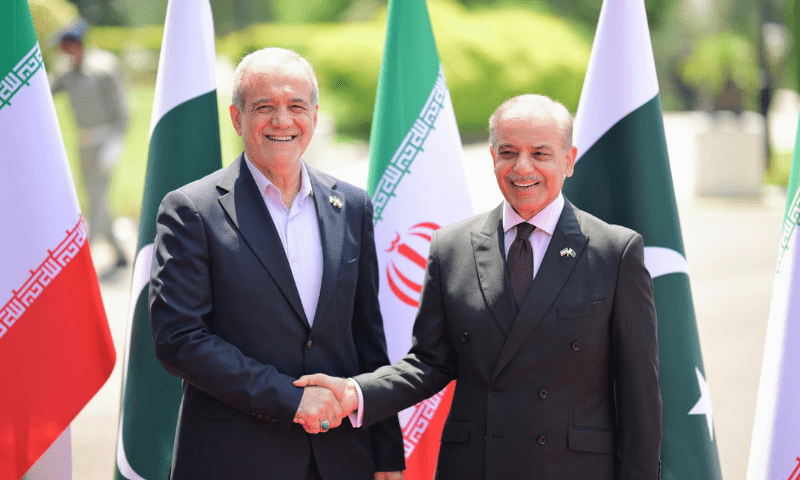Iran Signals Intent to Enhance Trade Ties by Joining Silk Road Initiative with Pakistan and China




In a significant development for regional cooperation, Iran has demonstrated substantial interest in joining the Silk Road initiative alongside Pakistan and China. This collaboration represents a transformative opportunity to unlock vast potential benefits through enhanced regional connectivity and economic integration. High-level discussions took place in Islamabad, where Iranian Roads and Urban Development Minister Farzaneh Sadegh engaged in productive meetings with Pakistan's Federal Ministers Abdul Aleem Khan, Jam Kamal Khan, and Hanif Abbasi. The strategic partnership promises to reshape regional trade dynamics and establish new pathways for economic prosperity.
The ministerial meetings revealed an unprecedented commitment to improving transportation networks across both land and maritime routes, recognizing these connections as fundamental pillars for fostering robust economic relationships. Iran's strategic focus centers on strengthening connectivity through crucial maritime trade corridors, particularly the Gwadar-Chabahar route, which represents a vital artery for regional commerce. This maritime passage stands as a cornerstone of the broader connectivity framework, offering immense potential for transforming trade patterns across the region.
Central to these development plans is the comprehensive modernization of the Quetta-Zahedan railway line, a critical component of regional connectivity infrastructure. Federal Minister for Railways Hanif Abbasi reaffirmed Pakistan's unwavering commitment to enhancing the ambitious Islamabad-Tehran-Istanbul Railway Project. This railway modernization initiative represents more than mere infrastructure development; it symbolizes a vital economic artery connecting diverse markets and facilitating seamless movement of goods and passengers across national boundaries.
Federal Minister for Commerce Jam Kamal Khan emphasized the tremendous untapped trade potential existing between Iran and Pakistan across various economic sectors. His analysis highlighted how both nations could serve as highly lucrative markets for each other, creating mutually beneficial trading relationships that extend far beyond traditional commerce patterns. The discussions revealed extensive opportunities for expanding bilateral trade volumes while establishing sustainable economic partnerships.
Abdul Aleem Khan welcomed the Iranian delegation with remarkable enthusiasm, praising Iran's principled regional stance and acknowledging the solidarity within the Muslim world. Both nations have consistently demonstrated mutual support throughout various regional challenges, with recent geopolitical dynamics further strengthening their strategic bond. This foundation of trust and shared values provides an excellent platform for expanding economic cooperation.
The establishment of bilateral working groups emerged as a practical solution for expediting implementation of these promising connectivity initiatives. These specialized groups will focus on coordinating complex logistical challenges while ensuring efficient project execution across multiple sectors. Iranian Minister Farzaneh Sadegh concluded her productive visit with expressions of genuine goodwill, appreciating Pakistan's warm hospitality and constructive approach to bilateral cooperation.
The comprehensive discussions illuminated pathways for leveraging transportation infrastructure and connectivity networks to achieve shared prosperity goals. Officials from both countries emphasized the strategic importance of fortifying transportation hubs while optimizing the Gwadar-Chabahar maritime corridor as a central trade artery. This modernization initiative promises substantial benefits for cross-border trade efficiency and regional economic integration.
The ambitious scope of these connectivity projects extends beyond immediate bilateral benefits, encompassing a broader vision of regional economic transformation. The Silk Road initiative represents an opportunity to create sustainable frameworks that position both Iran and Pakistan as pivotal players in transcontinental trade networks. Minister Sadegh's optimistic assessment of her Pakistan visit highlighted the memorial nature of discussions and their positive impact on future collaborative endeavors.
These developments underscore the evolving dynamics of regional cooperation, where strategic infrastructure investments serve as catalysts for broader economic integration. The commitment demonstrated by both nations toward enhancing connectivity reflects a shared understanding of the transformative potential inherent in these collaborative initiatives, promising a future of expanded trade opportunities and strengthened diplomatic relations.

Comments